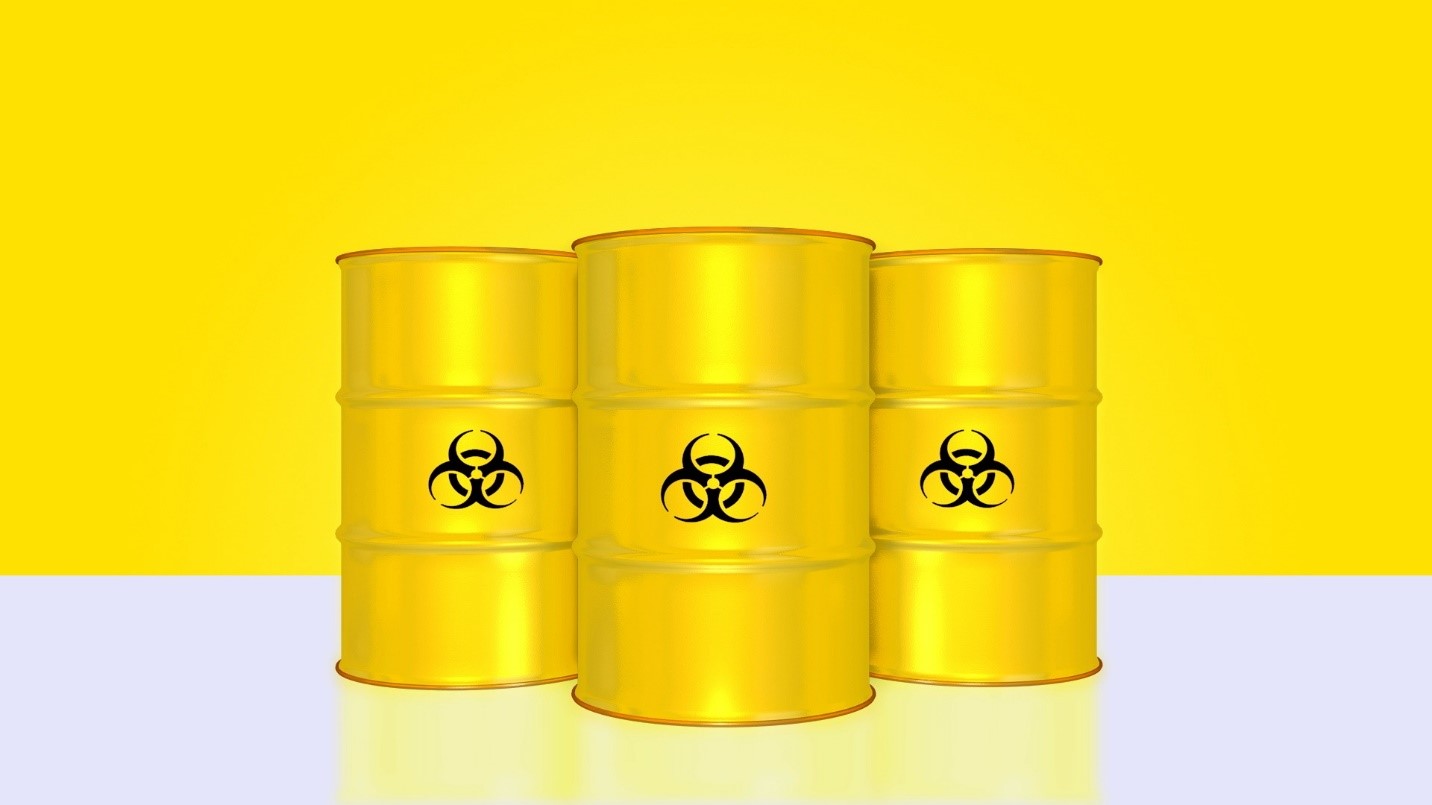Have you ever tried to throw away an electronic device and been turned down from your waste disposal service? Are you worried that the item you want to throw away contains hazardous chemicals? If so, then you need to learn all about how hazardous waste is disposed of.
Doing so can help you learn about your part in the process. The responsibility falls on all of us to become aware of how to reduce hazardous waste and dispose of it correctly.
See below for an in-depth guide on how household hazardous waste is thrown away and what you can do to see it through.
- Know What “Hazardous Waste” Entails
You won’t be able to do your part in controlling hazardous waste if you aren’t sure what classifies as one, to begin with.
Some of you may have questions. What are the factors that contribute to an item being considered ‘hazardous waste’? Why is it so important that we dispose of these items in a different way?
Hazardous waste has numerous side effects for your community. Not only will it harm the environment around you, but it can do considerable damage to your fellow residents. Hazardous waste can cause physical deformations, cancer, kidney failure, genetic mutations, and so on.
But what is considered to be hazardous waste? Most of us envision glowing green slime. Hazardous waste is separated into four major categories:
- Toxic Waste: Any item with harmful fumes; if not disposed of correctly, they’ll get into key elements of our environment like the soil, air, and water.
- Ignitable Waste: Anything that’s easy to set on fire. Throwing these away improperly can lead to open flames and threaten an entire community.
- Corrosive Waste: While this is many an effect we witness on metal, it’s just as harmful to humans, leaving your skin vulnerable to irritation or infection.
- Reactive Waste: Highly dangerous; these substances have the risk of exploding when they come into contact with the wrong material.
- Store the Hazardous Waste Correctly
It’s okay if you don’t have the resources to dispose of household hazardous waste and/or would rather a professional service take care of it. However, that doesn’t excuse you from handling it correctly while it’s still in your house.
You have to take extra precautions at times to store the waste the right way. This will make it easier to transfer to a safe waste facility or just wait for a compliant service to come to pick it up.
But what makes for a good storage container? Essentially, you just want to make sure that the container has a leak-proof design and the ability to seal completely after you’ve placed the item inside.
Make sure that you store the hazardous materials immediately after you come into contact with them. After you’ve sealed the container shut, keep it close to where the waste was created/found.
We also recommend that you place your waste containers in a second one to ensure that no leaks escape the first one. Taking extra precautions is essential!
- Recycle When You Can
Just like when you dispose of normal waste, be sure that you’re opting to recycle your hazardous waste whenever you can. Believe it or not, many different types of hazardous waste can be recycled to avoid the dangers of disposing of them. This could be items such as:
- Televisions
- Cell phones
- Computers
- Batteries (of any kind)
- Antifreeze
- Unused pharmaceuticals
- Cleaning items
- Garden solutions
- Glues
- Tubes
- Propane tanks
The list goes on and on. If you have an item that might fit into one of the four categories for hazardous waste—reactive, corrosive, ignitable, or toxic—then see if they can be recycled rather than disposed of.
Once you’ve found an item that can be recycled, reach out to local facilities and see if they accept that kind of item that you have. If not, then you’ll want to know that before you make the effort to transport the waste around town.
- Contact a Waste Disposal Service
But what if you don’t want to handle the hazardous waste at all? Isn’t there anyone out there that will come by your residential or commercial property to take it away?
Of course, there is! We recommend reaching out to an environmental management company to help you out. Companies like HCI Environmental do a terrific job of helping you create and carry out an environmental management program.
If you’re a business, then you have an obligation to your community to dispose of all hazardous waste correctly.
- Find Authorized Sites
Maybe you want to take it upon yourself to dispose of the hazardous waste correctly. Perhaps you want to take pride in doing it solo.
Whatever the case might be, you should start by finding authorized sites. This is crucial because they’re the only ones that legally accept and dispose of hazardous items correctly.
When you call ahead, make sure you’re diligent about the hazardous items that you wish to throw away. They will inspect your items once you arrive at the premises, so it’s best to know now whether they can accept the type of waste you have.
How Hazardous Waste is Disposed of: Do Your Part
Now that you have seen an in-depth guide on how hazardous waste is disposed of, be sure to use this information to your advantage.
Take the time to browse our website for more articles on hazardous chemicals, as well as many other articles that you’ll find helpful.







